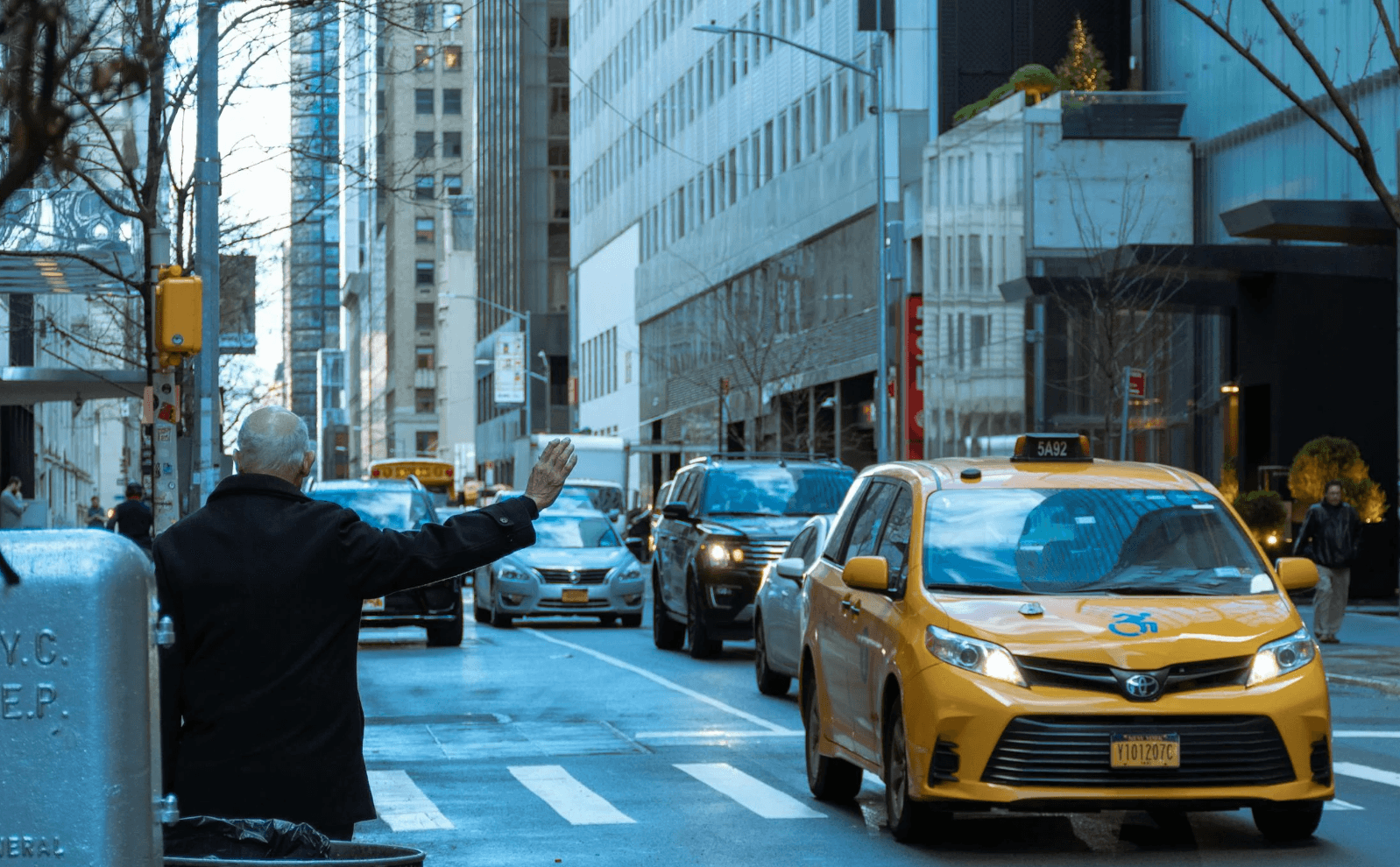Your Guide to Travel and Transport Funding
Published at 19-02-2024 12:00:00

Your Guide to Travel and Transport Funding
Need to get somewhere? We understand that transport is an important part of independence and everyday life! Whether it is going to different appointments, work, for study, to run errands or just accessing the community, everyone needs a reliable way to get from point A to point B. For those who find it difficult to navigate transport options, the NDIS offers different supports to make traveling easier and more accessible for you!
In this article we will take a closer look at what supports the NDIS offers for transport.
What the NDIS offers for transport
We understand that not everyone can hop on a bus or train easily. If you have difficulties using public transport because of your disability, the NDIS can help by providing funding for different kinds of transport services. This helps you take part in the community and work towards your goals.

Here’s a look at what kinds of transport supports you can get:
General transport: General transport funding is allocated for a provider to help you get to an activity such as to the doctors or a quick run to the shops. General transport is usually used when you need to get somewhere that isn’t covered by the NDIS. You can also use this funding for taxis or rideshares like Uber if public transport isn’t an option for you due to your disability.
General transport does not have a limit in terms of funding, which means a reasonable fund limit and billing schedule should be discussed with your provider.
Specialised transport: Sometimes, even regular taxis or Ubers might not be suitable for you due to your disability and you might require something more tailored. Specialised transport provides transportation for these instances, it may be to a place of education, employment or even to the community.
As specialised transport requires specific vehicles, the funding will require a quote and should be stated in your NDIS plan.
Learning to travel independently: The NDIS can also support you if you want to learn to travel on your own through Capacity Building supports. This might include learning to drive, making vehicle modifications to suit your needs, or getting the hang of using public transport.
What’s not included?
The NDIS is all about helping with extra costs because of a disability, so regular public transport costs aren’t covered. Things like bus or train tickets that everyone uses are not included in your NDIS plan. Also, the costs to help family or friends travel with you aren’t included.
What are the funding levels for NDIS transport supports?
Level 1 transport funding: If you are not working or studying and just want to get out more to access the community, you might be able to get up to $1,606 a year with level 1 transport funding. This funding will also cover those who require transportation for participating in volunteer work.
Level 2 transport funding: If you are working part-time or studying part-time, you could get between $1,606 and $2,472 a year with level 2 transport funding. Part time hours are usually up to 15 hours a week. You may also be able to use these funds for participation in other social, recreational or leisure activities.
Level 3 transport funding: If you are working or studying more than 15 hours a week, you could get between $2,472 and $3,456 a year with level 3 transport funding. This funding can also be allocated to participants who are actively looking for work as well.
Transport funding on the new PACE system
In the PACE system, there is a new category called “Recurring Transport” where transport funding may also be included. This category is for when the transport support you receive is regular and the funds are directly paid into your bank account as opposed to a provider. Here’s what you should know about it:
Regular Payments: Instead of submitting claims for each travel cost, the PACE system allows regular transport funding to be deposited into your nominated bank account. This makes it easier to budget and plan for your travel expenses without having to process individual payments each time.
Use of funding: You can use this funding for your everyday transport needs, including taxis and rideshares as well as specialised transport services that are equipped to suit your disability needs.
Self-management: Having the funds directly deposited into your bank account means that these funds are self-managed. The “Transport” category under Core supports still remains for funding that is plan or agency managed.
If you are still unsure about Recurring Transport, or feel a bit confused about the PACE system, feel free to check out our article here on The PACE system: New Support Category Guide. This article details the changes in support categories on the new PACE system. Alternatively, you can reach out to us directly at Just Plan Managers and we would be happy to assist you with any questions you might still have!
Can I still use my Core support budget for transport?
Since your Core budget is flexible, in many cases you will be able to use this budget for transport support. Just keep in mind that if your plan has specific transport funds set aside, those might need to be used according to your plan.

It is also important to note that flexibility for transport funding in Core supports can only be used if the funds are agency managed by the NDIA or plan managed by an NDIS registered plan manager.
Get in touch
If you have any questions, we’d love to help you out, call us on 1300 217 037 or email us at info@justplanmanagers.com.au and our friendly team will get back to you in no time.